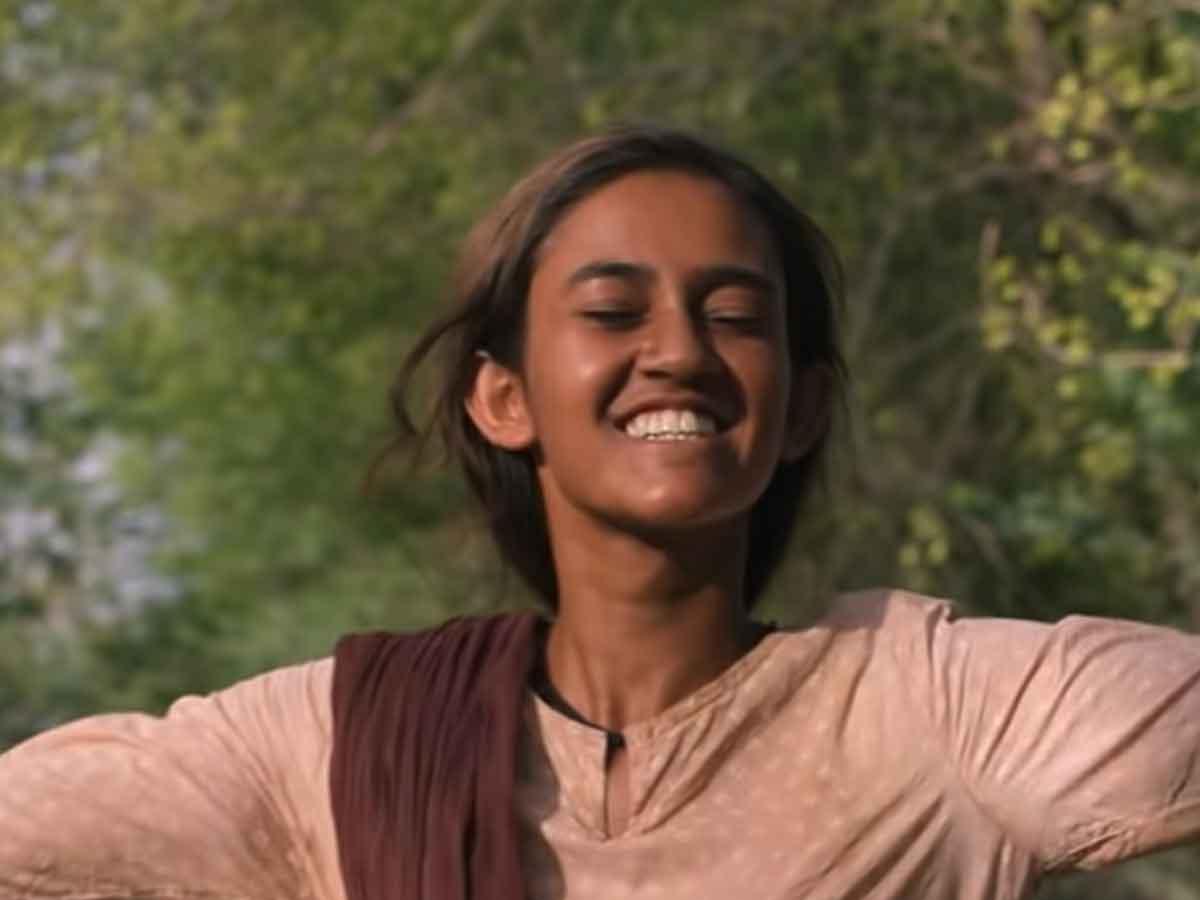When someone says Rajasthan India, what’s the first thing that comes to you mind? Say it with me. 1. 2. 3. SKATEBOARDING! You thought I was gonna say something like Tikka Masala or IT Headquarters or something stereotypical right? But Skater Girl shows how that strange sport fits nicely with Rajasthan’s youth, especially to create completely uplifting sports stories.
The underdog star here is Prerna (Rachel Saanchita Gupta). On first look, she certainly fits the underdog bill: she’s the forgotten female child in a conservative family, forced to skip school and take up more “female” responsibilities by her narrow minded father, becoming a passive participant in her own life. Agency (and plot, ha) comes in the form of Jessica (Amy Maghera), a modern London woman of Indian descent on a birthright pilgrimage. Seeing the lack of activities for kids in Rajasthan, Jessica takes it upon herself to try to promote skateboarding as a viable hobby to the kids, with Prerna one of her most enthusiastic followers.
The good sports movies usually have a great human villain, but the better sports movies are fighting something bigger, usually societal, which is exactly the fight Prerna is thrust into in Skater Girl. The caste system and cultural gender traditions are what Jessica and Prerna brush up against, and are met with systemic pushback on a regular basis. We’ve seen Jessica’s fight before in films: crusader taking down outdated establishment. At least she has local support, or else the movie could gain the title “Western savior” narrative as she is the magical foreigner. The Indian specificity of systemic oppression keeps the audience engaged in something as banal as building a skate park. The oppression grows as Jessica’s dream does: with things like “No Skateboarding” signs in the public hangouts all the way to lack of funding for even skateboards without some sort of bribe/incentive. On top of that is the ugly spectre of the old caste system, creating all these invisible rules that HAVE to be followed without question, making Jessica’s relatively small ambitions even seem insurmountable at times. But like all great coaches/mentors, she finds a way to rise above, using the support she has from friends and her family history to keep her spirits and drive high enough to get her projects across the finish line.
Prerna’s fight is the more interesting and heartbreaking one (thanks to the stellar Rachel Gupta). She’s got no power and no sense of self-worth, accepting of her unfair fate. Skateboarding instills in her a rebellious and fighting spirit that slowly grows in ways specific to her. Initially, being moving on a skateboard gives her a freedom she’s never experienced before: euphoria. So Prerna, previously in a hopeless existence, takes hold of this new thing that builds a teeny tiny bit of hope. As that hope grows in her, she starts to do more: she goes back to school, she sneaks out at night to practice, and she stands up to her more sympathetic mother to talk about how happy this new hobby makes her feel. But even while she grows that rebellious spirit, she knows her place and navigates these acts of sedition in a chaste, controlled way that fits who Prerna is. Every person has to tackle being the driver or the passenger in their own life, and watching Prerna switch seats is about as uplifting and rewarding as any big win in a normal sports movie.
My dad famously said nothing good ever comes from skateboarding, ever. Well, now I have Skater Girl and Learning to Skateboard in a Warzone to dispel that ludicrous theory. All you need is places ripe for rebellion, where skateboarding can fit like a new pair of wheels on a board. Also, places that have Londoners with Indian Descent staying in the one hotel in a village; those Londoners having American skateboarding friends, and female rules of more antiquated patriarchies. You know, something that’s totally common! Boy this story makes you take some leaps of faith, like Prerna does with her first drops.

